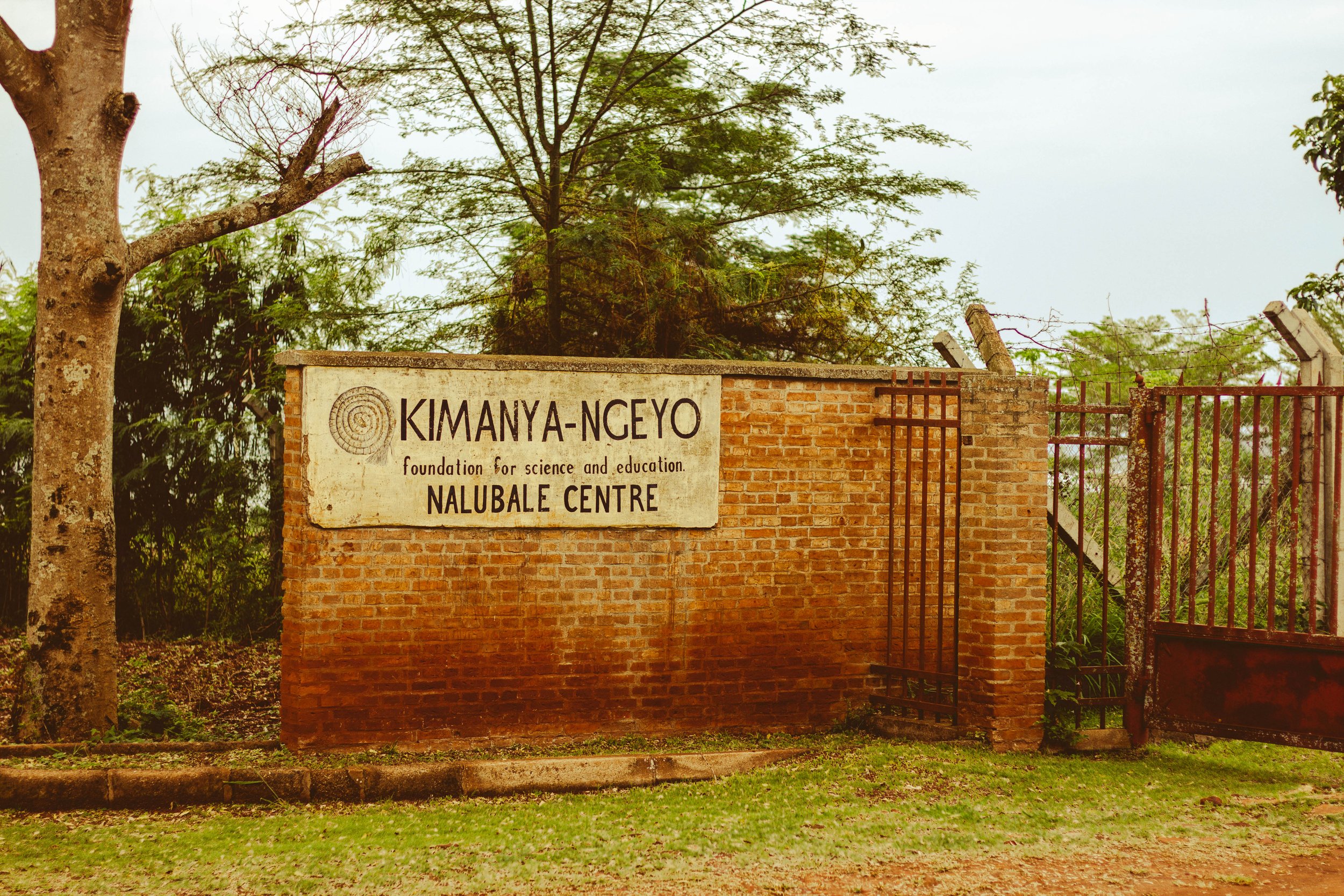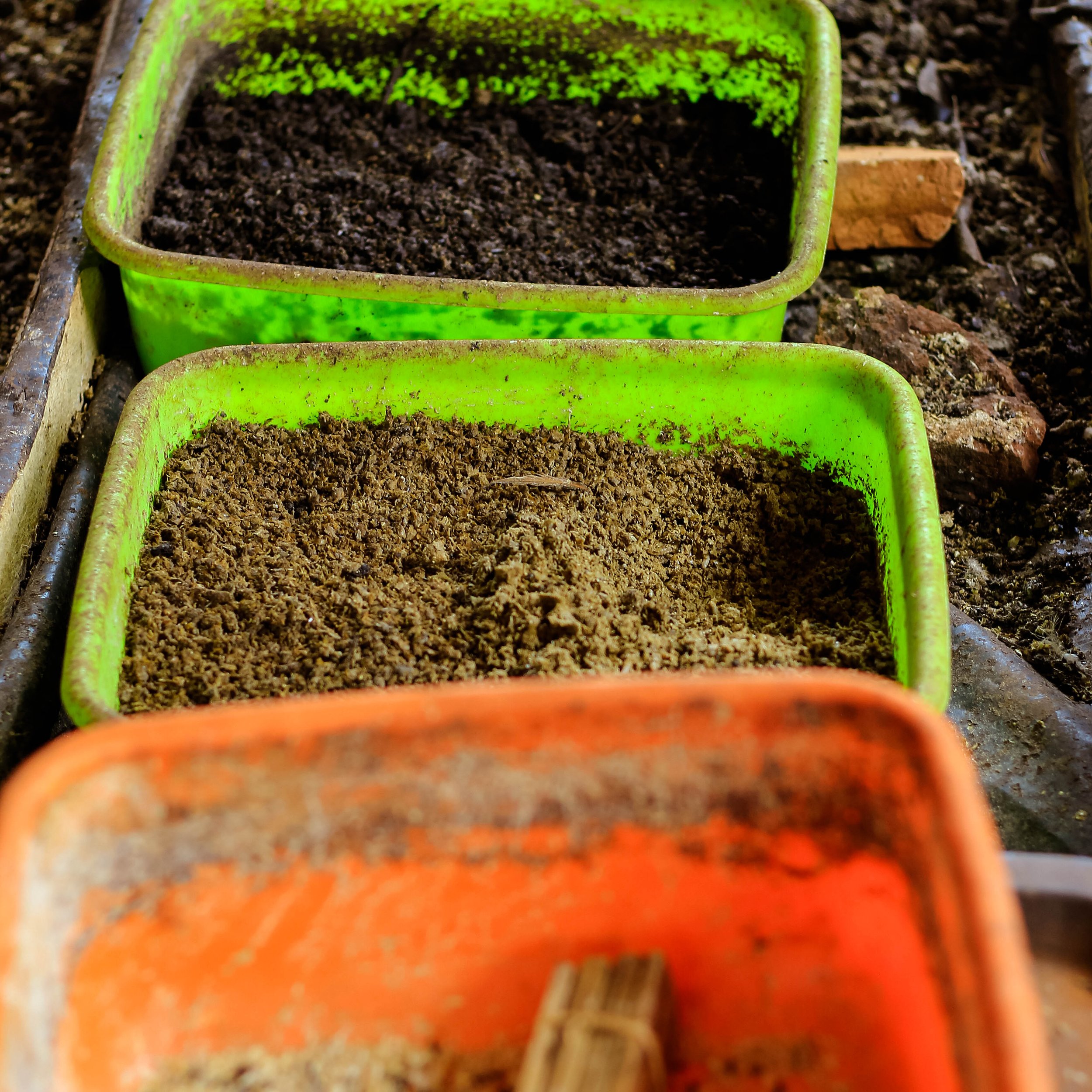
Agricultural Research

“Given the central role that agriculture plays in the life of humanity, its processes and activities represent an excellent means for helping young people advance in the capabilities they will need to participate effectively in the development, selection, and use of technology—capabilities crucial to their efforts to serve as ‘promoters of community well-being’”
-FUNDAEC
Since 2013, Kimanya-Ngeyo Foundation has been engaged in a structured and systematic learning process with the participants of its programs and farmers in the community about ways in which production on small farms, which make up the vast majority of farms in the region, can be increased and diversified, to help address food security issues and enhance the income of farming households. In a country where agriculture forms the basis of the local economy, the Foundation views the strengthening of the technological and scientific capacities of farmers, and their meaningful engagement in the search for sustainable systems of production that marry latest advances in agricultural science with farmers’ own experience accumulated over generations, essential for the social and economic development of local populations.












Two texts of the Preparation for Social Action program, “Planting Crops” and “Diversified High-Efficiency Plots” form the basis of the learning process, the study of which requires the participants to be in an ongoing dialogue with farmers in their communities to understand the logic behind their technological choices as well as to share their own learning, and to establish plots with polyculture systems of their own design, either individually or in groups. Many participants continue to maintain and expand their systems of production long after the completion of their study.
In the agricultural research center of Kimanya-Ngeyo, located in the village of Wairaka in the Jinja District, the agronomists of the Foundation have led a process of experimentation with diversified high-efficiency plots of different design. The team has explored various intercropping patterns to make the most efficient use of small pieces of land, as well as appropriate methods of soil health improvement, irrigation, and pest and disease management that are environmentally sustainable and economically viable. The center also hosts a soil testing laboratory and a seed bank that lends out seeds to local farmers. The agronomists of the organization are in a continuous conversation with neighboring smallholder farmers, learning from their experience as well as sharing the results of their own experiments.

